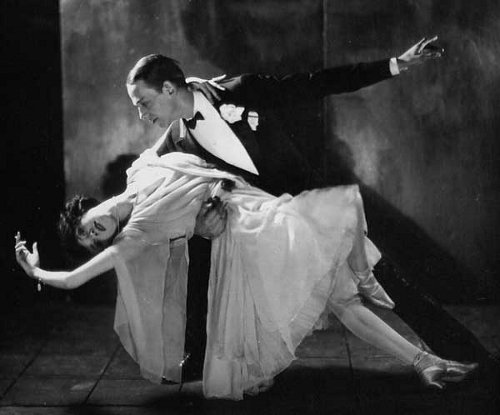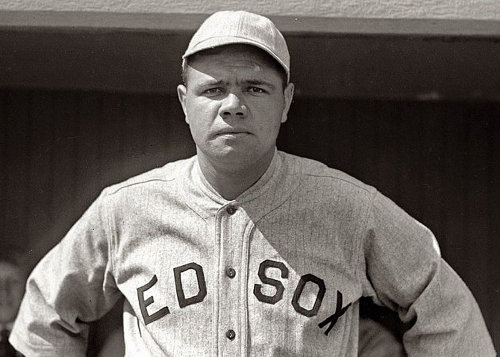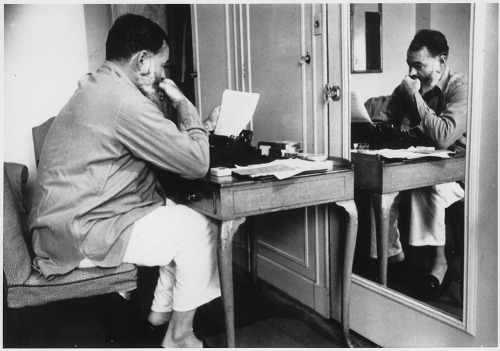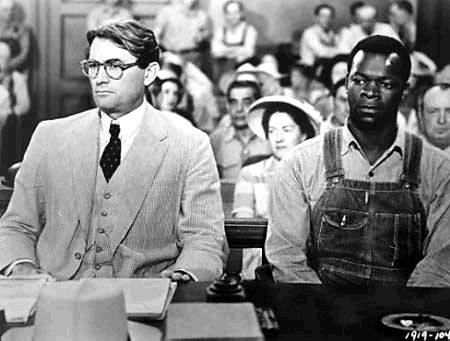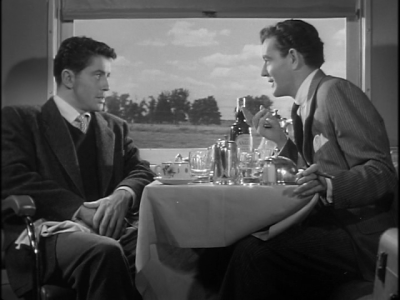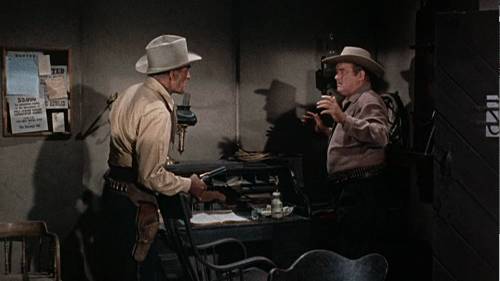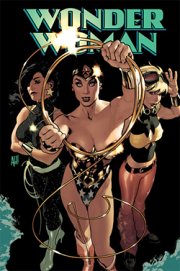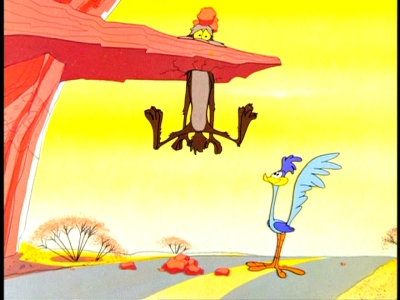
Guidelines adopted by director Chuck Jones in making Warner Bros.’ Road Runner-Wile E. Coyote cartoons, from Jones’ 1999 memoir Chuck Amuck:
- The Road Runner cannot harm the Coyote except by going “beep-beep!”
- No outside force can harm the Coyote — only his own ineptitude or the failure of the Acme products.
- The Coyote could stop anytime — if he were not a fanatic. (Repeat: “A fanatic is one who redoubles his effort when he has forgotten his aim.” — George Santayana)
- No dialogue ever, except “beep-beep!”
- The Road Runner must stay on the road — otherwise, logically, he would not be called road runner.
- All action must be confined to the natural environment of the two characters — the southwest American desert.
- All materials, tools, weapons, or mechanical conveniences must be obtained from the Acme Corporation.
- Whenever possible, make gravity the Coyote’s greatest enemy.
- The Coyote is always more humiliated than harmed by his failures.
“The Road Runner and Coyote cartoons are known and accepted throughout the world,” Jones wrote. “Perhaps the lack of dialogue is one reason. If you want to laugh, you can do so at any time, whether in Danish, French, Japanese, Urdu, Navajo, Eskimo, Portuguese, or Hindi. ‘Beep-Beep!’ is the Esperanto of comedy.”

